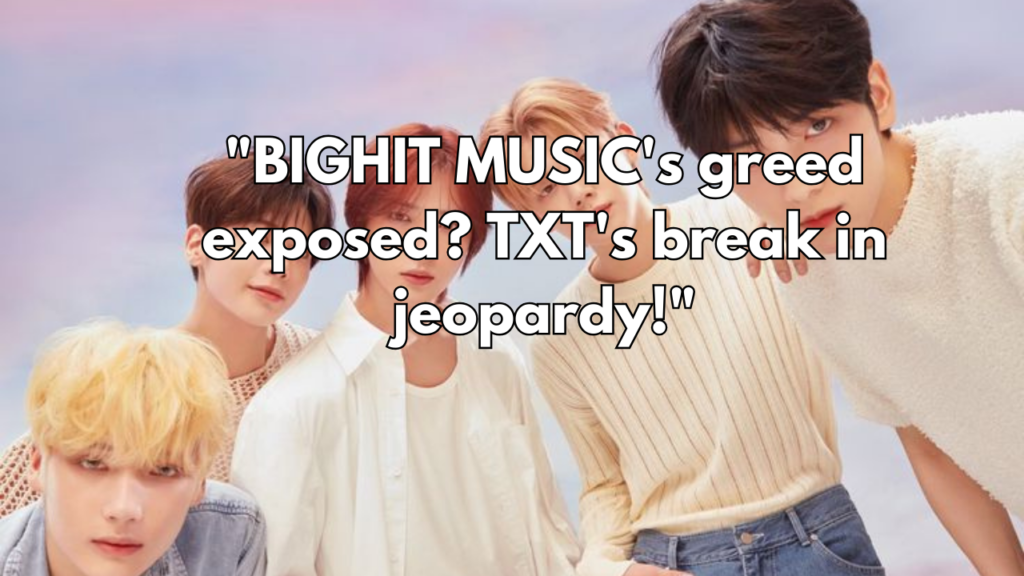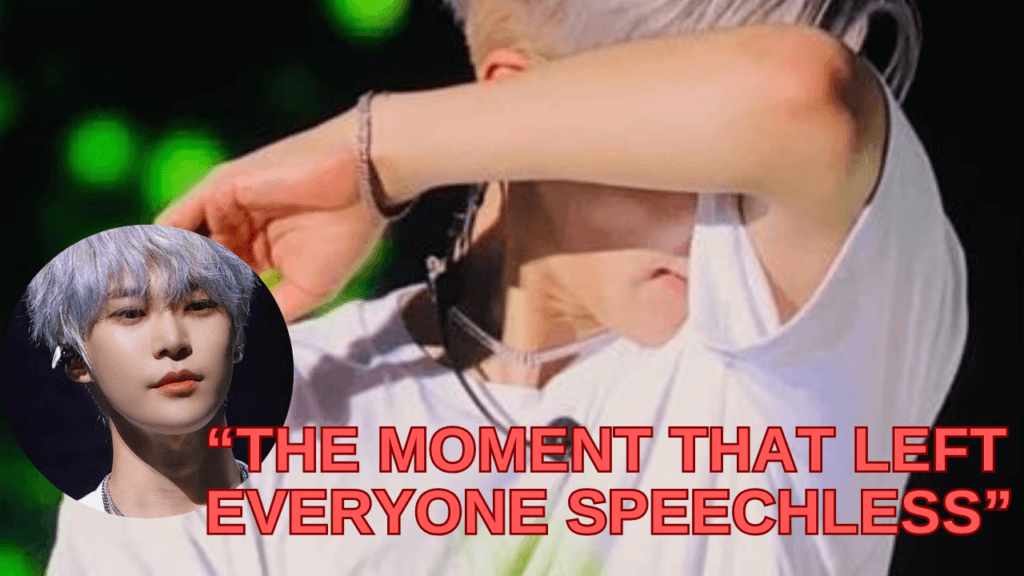The Big Switch
Super Junior’s Kyuhyun recently shared eye-opening insights about his experience with both SM Entertainment and Antenna. The talented vocalist made waves in 2023 when he signed with Antenna for his solo activities. His unique position of working with both companies gives him a rare perspective on their different management styles.
The differences between SM Entertainment and Antenna became apparent almost immediately after his switch. Kyuhyun noticed a significant change in how business operations were handled at each company. His observations have sparked intense discussions within the K-pop industry about the advantages and disadvantages of big versus small entertainment companies.
Many industry experts have begun analyzing these differences, noting how they reflect broader trends in the Korean entertainment sector. The contrast between these two companies provides valuable insights into how different management approaches can affect an artist’s career development and opportunities.
Company Culture Clash
The size difference between SM Entertainment and Antenna creates distinct working environments. At Antenna, Kyuhyun experiences a more collaborative atmosphere where everyone works together closely. The smaller company size allows for quicker decision-making and more personal attention to artists. This intimate setting enables direct communication between artists and management, fostering a family-like environment.
In contrast, SM Entertainment operates with a well-established system built over many years. While this system runs efficiently, it sometimes lacks the personal touch of a smaller agency. The company’s large scale means artists must navigate through multiple departments and layers of management. Despite these challenges, Kyuhyun acknowledges appreciating both approaches, though each serves different purposes in his career.
The organizational structure at SM Entertainment reflects its position as an industry giant, with specialized departments handling different aspects of artist management. This systematic approach has proven successful in managing numerous artists simultaneously but can sometimes feel impersonal to individual performers.
Surprising Revelations
One of the most unexpected differences came in the form of advertising opportunities. Kyuhyun received numerous advertisement offers shortly after joining Antenna, something that rarely happened at SM. This revelation highlights how different agencies can impact an artist’s career opportunities and exposure in various markets.
The parking fee incident at SM Entertainment particularly surprised many fans and industry observers. Despite still being an active Super Junior member, Kyuhyun had to pay for parking when visiting for group practice. This small but telling detail showcases the contrasting approaches to artist treatment and company policies between large and small entertainment agencies.
Industry insiders note that such differences in treatment often reflect broader company philosophies and operational strategies. While larger companies maintain strict policies for operational efficiency, smaller agencies can afford to be more flexible and accommodating to their artists’ needs.
Final Thoughts: Understanding the Kyuhyun SM Antenna Journey
The comparison between these two entertainment powerhouses reveals fascinating insights into the Korean entertainment industry’s diverse landscape. While both companies have their strengths, they offer different advantages to artists at various stages of their careers. The contrasts highlight how company size and management style can significantly impact an artist’s experience and opportunities.
Kyuhyun’s unique position offers valuable perspectives for aspiring artists and industry professionals alike. His experience demonstrates that success can be achieved through different paths and management styles. What do you think about these differences between big and small entertainment companies? Share your thoughts in the comments below!







